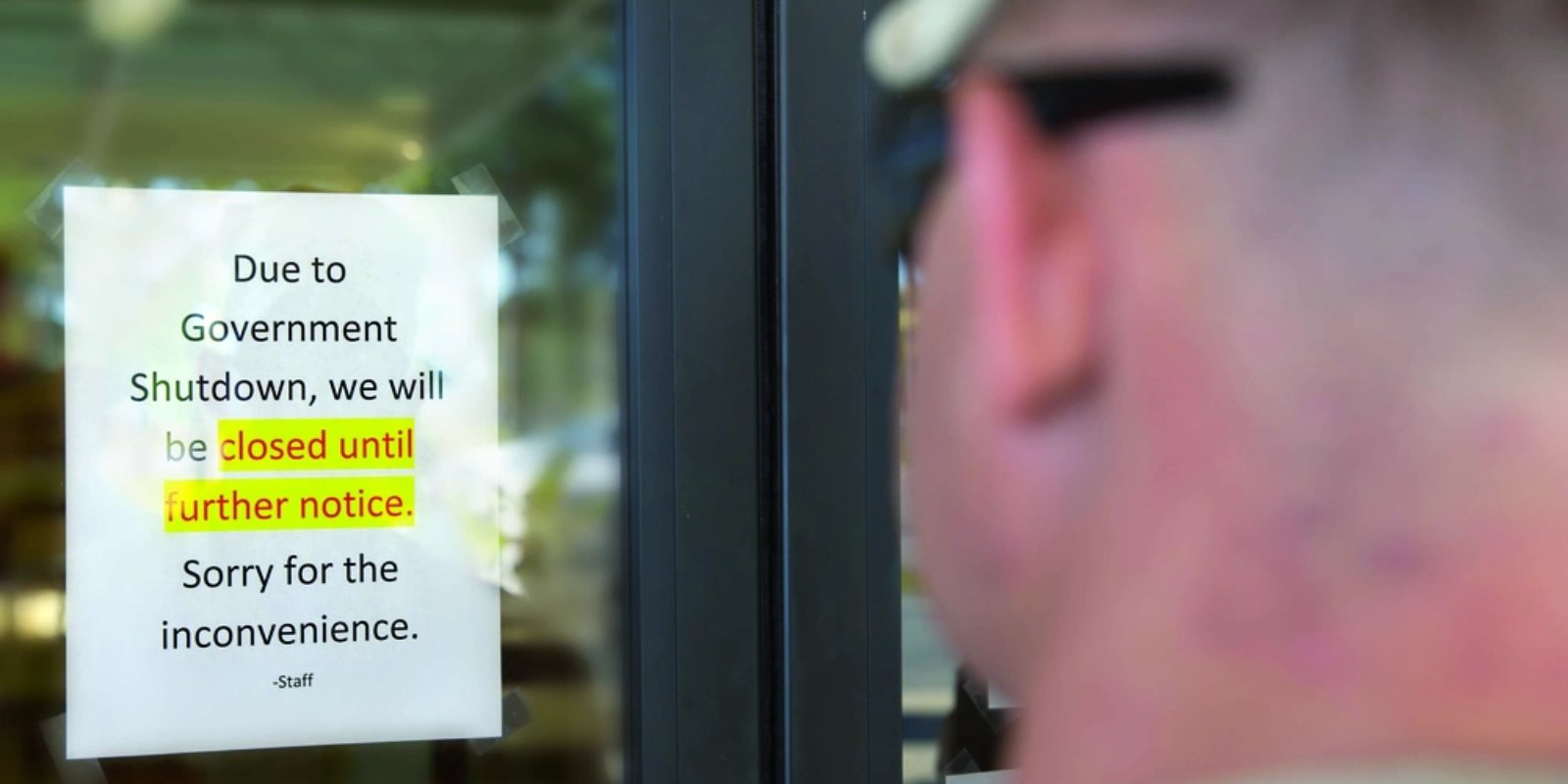SERVICE ACADEMIES ADD CLT AS THIRD TEST OPTION IN 2026

For more than 50 years, applicants to US military academies have had two choices for fulfilling the entrance examination portion of their application package – they could take the SAT or the ACT. By the way, the terms "SAT" and "ACT" are not abbreviations anymore. SAT once meant Scholastic Aptitude Test or Scholastic Assessment Test, and ACT meant American College Test. Both of the organizations that administer these tests say that they mean nothing now. Don’t tell that to the millions of students who have taken them.
Beginning in the fall of 2026, when the service academy application season starts, aspirants will have a third standardized examination option. That option is called the Classic Learning Test (CLT), an examination that is backed by American conservatives.
CLT Exam Features: How It Differs from SAT and ACT
Let’s first look at the differences between the SAT and ACT. The ACT tests high school curriculum content across four main sections (English, Math, Reading, and Science), while the SAT is more of an aptitude test, focusing on deep problem-solving in a single Reading and Writing section and a Math section.
The ACT has a science section and offers more straightforward, faster-paced questions. The SAT has longer questions, offers more generous time per question, and focuses on complex reasoning and algebraic concepts.
There was a time when most students on the East Coast took the SAT, and those on the West Coast took the ACT. Today, many students take both tests to “cover their bases.” Today, almost all colleges and universities will accept scores from either test. Those seeking an academy appointment will soon be able to take a third, if they desire.
So, what is the CLT?
The CLT was developed in 2015 by Classic Learning Initiatives, a company based in Annapolis, Maryland. It offers an alternative to other standardized tests like the SAT and ACT, evaluating reading, grammar, writing, and mathematics.
A key distinction of the CLT is its reliance on classic literature and historical texts for most of its reading passages. This sets it apart from other standardized college entrance exams.
The test has a noticeable emphasis on Christian thought, and many of its textual excerpts come from works by Christian figures such as Thomas Aquinas, Martin Luther, John Calvin, John Paul II, Jonathan Edwards, Teresa of Ávila, Augustine of Hippo, Thomas à Kempis, and C. S. Lewis.
However, it also contains religiously critical individuals such as Mark Twain, Charles Darwin, and Karl Marx. Other secular writers referenced in the test include Jorge Luis Borges, Aristotle, Plato, Cicero, William Shakespeare, Anna Julia Cooper, Toni Morrison, and Ida B. Wells.
The CLT is currently accepted by 350 schools, primarily small, private Christian colleges, Bible schools, and a few public schools in predominantly conservative states.
In September 2023, Florida's Board of Governors approved the CLT for admission at all public universities in the state. Additionally, some test-optional colleges that do not require standardized admission tests still allow students to submit CLT scores.
CLT Preference: Reasons for Popularity in 2026
According to Indiana Republican Senator Jim Banks, who sponsored the bill that directs this addition,
“The CLT measures deep comprehension, discipline, and knowledge of the great ideas that built our nation. It’s a victory for merit and America’s future leaders.”
A sample CLT includes passages from E.B. WHITE’s “Charlotte’s Web” and Mark Twain and discussions about Renaissance art and philosophers, including Plato and Socrates. Unlike the SAT and ACT, the CLT doesn't allow calculators on the math section.
The CLT’s adoption in military academies may represent its biggest mainstream breakthrough and legitimacy for a test long confined to religious and ideological circles.
Jeremy Wayne Tate, the CLT’s co-founder and CEO, argues that the politicization of education “is aided — even initiated — by standardized testing.”
In a statement to Politico magazine, Tate said,
“By allowing young Americans to apply to the U.S. Service Academies with the CLT, these institutions will have the opportunity to welcome students who have taken a standardized test rooted in rigor, logical thinking, and a deep understanding of the classic and historical texts that made America great.”
Service Academies CLT Addition Effective Date 2026
On October 1st, service academies updated their websites, adding the CLT as an option for admissions applications. In the fall of 2026, those who wish to apply for one of the five military service academies – West Point, the Naval Academy, the Coast Guard Academy, the Merchant Marine Academy, and the Air Force Academy – will be able to choose the CLT as the entrance exam for their application package.
The applicant's packages will be assessed by the academies for appointments to incoming classes in the summer of 2027.
Suggested reads:
National Security Analyst
George Riebling
Air Force Veteran
George Riebling is a retired USAF Colonel with 26 years of distinguished service as an Air Battle Manager, including operational assignments across fi...
Credentials
- Retired USAF Colonel, 26 Years Service
- Former NATO Senior Executive (10 years)
- Boeing Strategy and Business Development (2 years)
- Operational experience across 5 Command and Control weapon systems
Expertise
SHARE:



